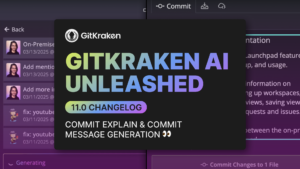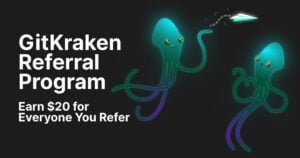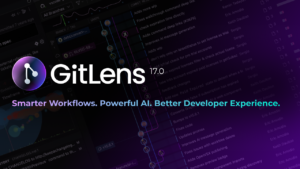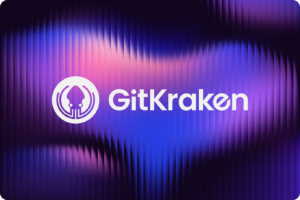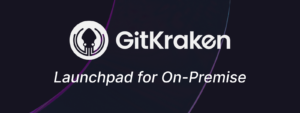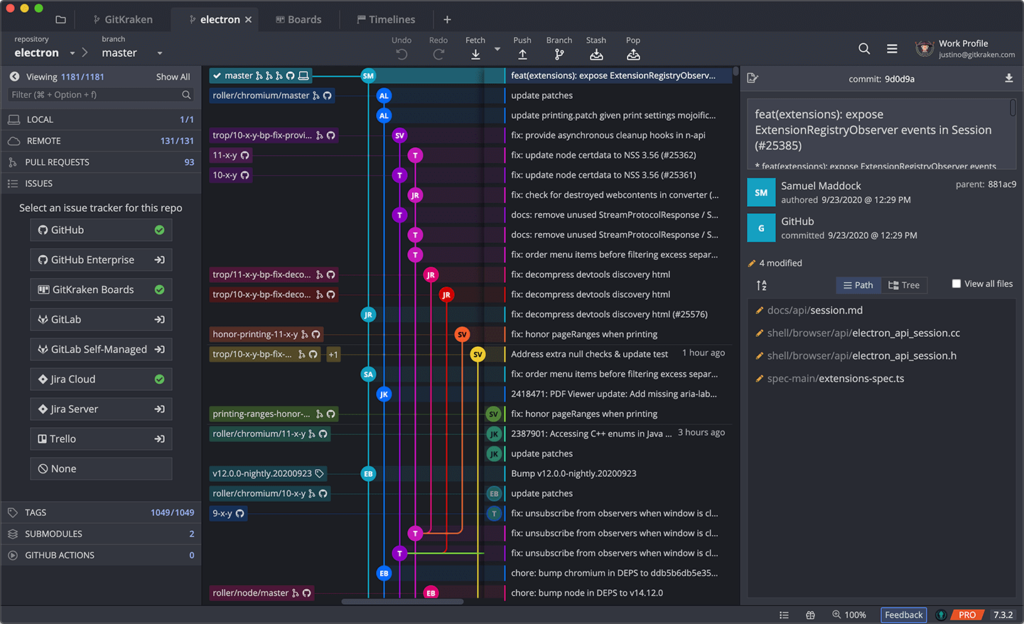Collaboration: the secret sauce of every software project. But let’s be honest, mastering the communication needed for seamless teamwork is like trying to herd cats wearing roller skates – sounds amusing, but feels impossible.
From navigating multiple time zones and illegible pull requests to juggling so many tasks simultaneously that your brain feels like a browser with fifty tabs open – teamwork isn’t always a walk in the park. Buckle up, because we’re about to break down some seriously helpful strategies to make teamwork as smooth as a well-optimized codebase.
1. Prioritize and Practice Clear Documentation
Whether grappling with complex algorithms or simple bug fixes, comprehensive documentation helps prevent team members’ confusion. Strong documentation includes illustrative examples, usage scenarios, and pitfalls to avoid, whereas poor documentation can frustrate developers and hinder progress.
Enforce accountability through documentation assessment during code reviews to ensure everything is up to date. Regular audits overseen by assigned reviewers also help sustain relevant documentation. Utilizing tools like Javadoc, Doxygen, or Markdown further enhances this culture, fostering efficient development processes.
2. Improve Proficiency of Your Version Control Systems
Version control systems (VCS) like Git have revolutionized collaborative development. By enabling multiple developers to work on the same codebase simultaneously, a VCS ensures that changes are tracked, conflicts are resolved, and a consistent history is maintained.
Familiarize yourself with branching and merging strategies, plus tools like GitKraken Client, GitHub, GitLab, or Bitbucket, to facilitate seamless collaboration and minimize the risk of code conflicts.
3. Implement An Effective Issue Tracking Strategy
In software development, hurdles and bugs are par for the course. Enter issue tracking tools like Jira, Trello, or Asana, all offering a central hub to log, assign, and monitor tasks systematically.
Beyond task management, issue trackers can help streamline workflows, ensure efficient resource allocation, and maintain team-wide visibility into project status, promoting transparency and sidestepping miscommunication. Whichever tool you choose, make sure it’s kept up to date by project managers and accessible for all team members.
4. Conduct Regular Code Reviews
Code reviews are more than just a formality; they’re a crucial aspect of collaboration. Regularly reviewing each other’s code improves the project’s overall quality and provides a learning opportunity for team members.
Constructive feedback helps developers understand different approaches, coding standards, and best practices. Tools like Crucible, Reviewable, or even simple pull requests in GitKraken Client repos can facilitate efficient and effective code reviews.
5. Facilitate Real-Time Communication
While documentation and issue tracking are essential, real-time communication channels are equally vital for instant discussions and problem-solving. Platforms like Slack, Microsoft Teams, or Discord allow developers to engage in quick discussions, share updates, and seek assistance.
Establish clear guidelines for when to use these channels versus more asynchronous methods, ensuring that communication flows smoothly without becoming overwhelming.
6. Encourage Video (and No-Video) Meetings
Video conferencing tools like Zoom, Google Meet, or Microsoft Teams become crucial for face-to-face interactions in distributed or remote teams. Regular video meetings help build stronger connections among team members, clarify complex concepts, and foster a sense of unity.
Consider scheduling regular stand-ups, sprint reviews, and brainstorming sessions to maintain effective communication, regardless of geographical constraints. Build your schedule around meetings so you can feel prepped for any discussions, but be honest with your team if you’re drowning in too many Zoom calls. Shared meeting notes on platforms like Google Docs can help you catch up on anything you might have missed.
You can also schedule “camera-free” Zoom calls and treat it more like a traditional phone call or conference call. This is a nice option that takes the pressure off devs to be “camera ready” and lets everyone focus on the conversation and/or the doc/code/project/etc.
7. Strengthen Active Listening Skills
Technical skills alone aren’t enough for successful collaboration. Developing soft skills like empathy and active listening enhances communication by creating a positive and supportive work environment.
Understand your colleagues’ challenges, acknowledge their ideas, and engage in open discussions. Effective communication is a two-way street; valuing your team members’ perspectives fosters trust and mutual respect.
8. Foster Cultural Awareness
In an increasingly interconnected world, software teams often consist of members from diverse cultural backgrounds. Cultural awareness is key to effective communication, as language nuances, communication styles, and work habits may differ.
Take the time to understand and appreciate your colleagues’ cultures, adapting your communication approach as needed to ensure everyone is on the same page.
Conclusion
Mastering communication is imperative for software developers who want to collaborate successfully. Just like debugging, it might require a few extra rounds of coffee, some head-scratching, and maybe even a few visits to the Learn Git library.
Clear documentation, version control systems, issue tracking, code reviews, and real-time communication are just a few of the tools that enable seamless collaboration. By honing these skills and utilizing the right tools, developers can elevate their teamwork, produce higher-quality code, and create remarkable software that stands the test of time.



